Parents showing their children where passports and other important legal documents are hidden at home.
Mothers and fathers signing affidavits outlining who their childrens’ caregiver would be.
Guardians making arrangements with schools for dismissal in the event they have been picked up by federal agents in a deportation sweep.
These are the daily conversations and heartbreaking realities mixed-status families — where not all kids, parents or grandparents hold American citizenship or legal status to reside in the U.S. — are rehearsing in case children come home to an empty house.
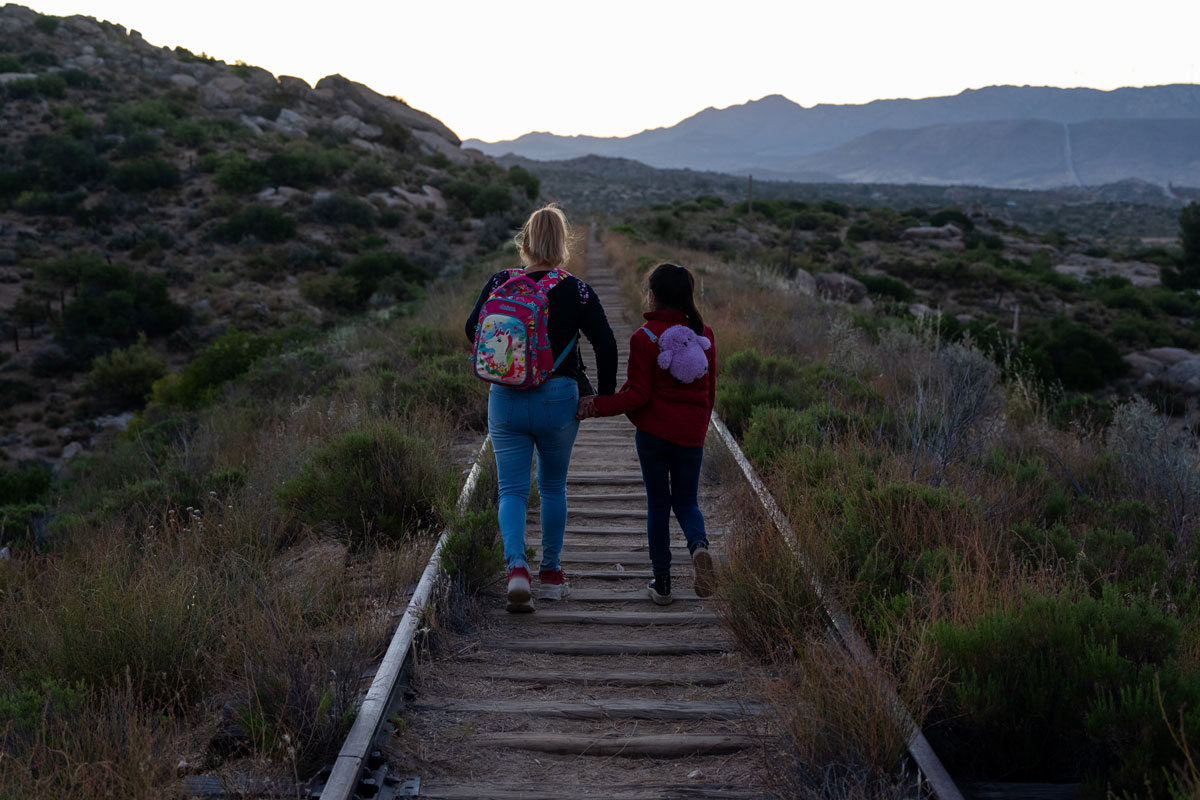
With Donald Trump’s border czar Tom Homan pledging to operate the largest deportation operation in American history in just days, parents, advocates, lawyers, and educators nationwide are working nonstop to protect and prepare families and school staff.
“Students can’t focus on learning when they’re worried about whether their parents will come home at the end of the day, when they see themselves dehumanized in the press, or when representatives of the federal government come to their city to say, ‘You’ll be first in line for removal,’” Chicago Teachers Union President Stacy Davis Gates said last month. The union has rolled out a three-part “Sanctuary Training Series” for staff and parents on how to protect kids from federal raids.
The 74 interviewed dozens of people working with some of the nearly six million families facing ongoing dehumanization and threat of separation to understand how deportation plans are affecting schools and students.
School leaders throughout the country have begun sharing best practices: Ensuring bus drivers and front office staff are trained on legal policies; providing simple scripts for what to say when interacting with federal law enforcement; explaining what’s next if the worst happens and families are separated and need to seek reunification.
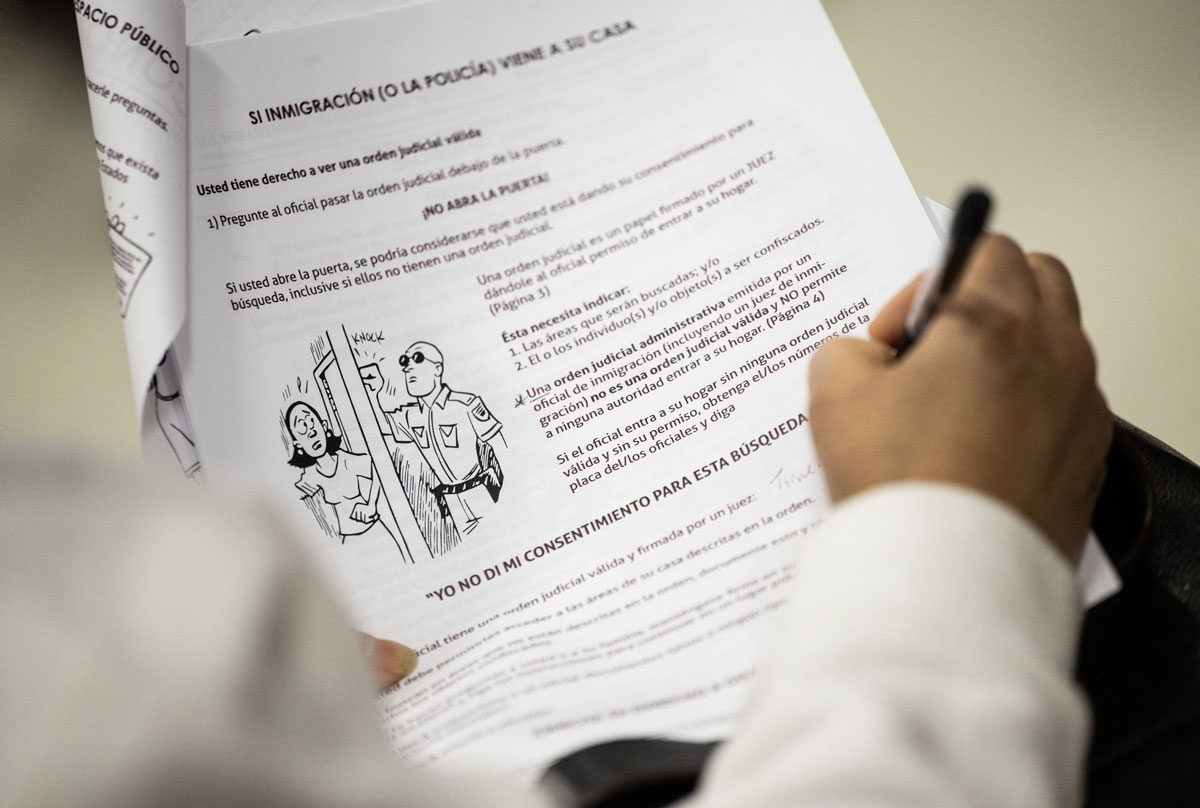
Educators, like healthcare workers, are sharing tips on TikTok for interacting with federal agents. Immigrant coalitions and parents are leading “Know Your Rights” trainings in schools. Some schools are increasing mental health offerings as widespread fear and anxiety increases along with anti-immigrant hate.
“We need to let you know, if you are a student who is undocumented or a family who is undocumented, we will take care of you,” former teacher and board member Scott Esserman vowed at a Denver school board meeting in November. “That’s our responsibility.”
When pressed on what the Trump administration’s plans would mean for millions of families with young children, officials have advised deported parents to take their American citizen children with them. If their home countries won’t accept them, the administration has reportedly identified several countries where they will be permanently displaced – places where they may have no cultural, linguistic connection to.
RelatedOakland Enrolls — and Graduates — Older, Immigrant Students Many Districts Deny
Immigration enforcement operations will start in Chicago, Illinois and Aurora, Colorado, just outside of Denver, Trump administration officials have said.
In response, school districts including Oakland, Denver, Des Moines, Portland, and Chicago have reiterated sanctuary-esque resolutions passed during Trump’s first term and are training staff on how to protect families’ privacy in any interactions with immigration enforcement.
New York City Schools, the nation’s largest, has a clear cut policy: If immigration enforcement officers do arrive at a school building, staff must keep them outside, notifying the districts’ legal counsel to first verify any warrants or subpoenas.
“Protecting immigrant students in and around school is not only moral – it’s the law,” said Alejandra Vázquez Baur, founder of the National Newcomer Network and fellow at The Century Foundation. Accessing free education, regardless of immigration status, has been protected as a constitutional right for 42 years.
And like hospitals, schools, afterschool programs and chldrens’ bus stops have long been considered “sensitive locations,” protected from federal immigration raids without appropriate approval. Dozens of families sought refuge in churches while immigration arrests spread during the last Trump administration.
Today, advocates are preparing for a different ballgame. The Trump administration’s plans include scrapping the Homeland Security’s sensitive locations policy, a move legal experts expect would be challenged.
RelatedLos Angeles Schools Prepare for Trump’s Immigration Crackdown
“We don’t want people with contagious diseases too scared to go to the hospital or children going uneducated because of poorly considered deportation policies,” Lee Gelernt, an attorney with the American Civil Liberties Union told NBC.
While the legal logistical challenges to operate mass deportations are predictable and being planned for – Texas, for instance, has pledged over 1,400 acres for deportation centers – immigration law scholar Hiroshi Motomura expects a wildcard: the public’s political will.
“When you have the rhetoric and focus on the wall and on the border, it’s easy to stick with this idea that immigration law is to protect ‘us’ from ‘them,’” Motomura told The 74.
“But it really is different when you start depriving employees of their families, and kids see their classmates deported,” he said. “It completely shifts the political vulnerability and what’s going on here.”
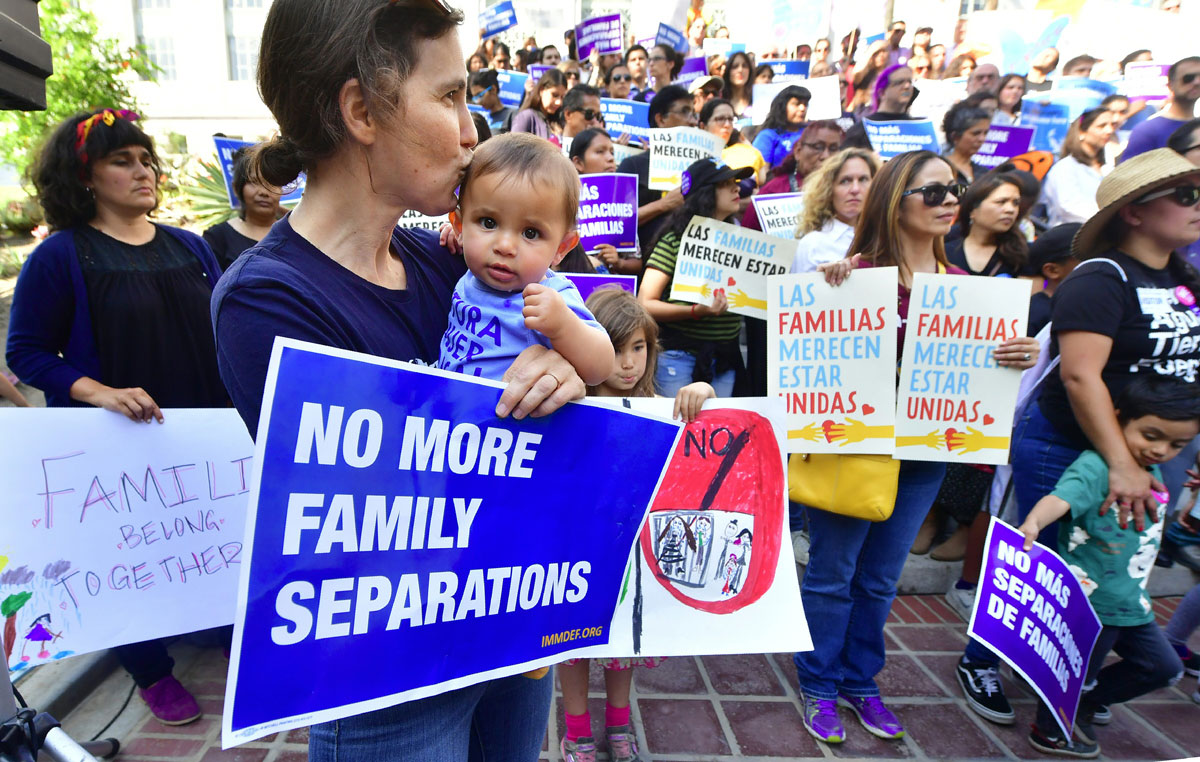
The 74 spoke with school staff, advocates and lawyers in states with the highest volume of mixed-status families about what they expect and how they’re preparing for the Trump administration’s mass deportation plans:
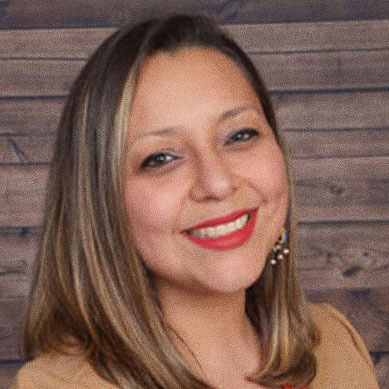
Priscilla Monico Marín
Executive Director of the New Jersey Consortium for Immigrant Children
Reality set in for Marín and her New Jersey-based team over the summer: Trump’s second presidency was a distinct possibility. To reach as many immigrant youth as quickly as they could, they started brainstorming, identifying a new district partner, Jersey City Public Schools.
Monica Marín felt “called” to support families like her own when anti-immigrant rhetoric resurged with Trump’s first ascent, swapping her career as a bilingual teacher to become an immigration lawyer.
“No one wants to be defined by your hardest day,” she said, adding too often undocumented students are not defined by their “humor, their curiosity, or their strength,” but instead their status and trauma.
Her team leads workshops for classes of multilingual learners on how to work past barriers to school enrollment, provide immigration case support and increase access to social services.
The current situation has created a sense of urgency to what Marin and her team do.
After she leaves the schools, older students start calling their hotline for assistance to secure visas and more stable immigration statuses, and to ask, “I’m undocumented. How do I enroll in healthcare?,” while some navigate the web of government bureaucracy as the only bilingual person in their families.
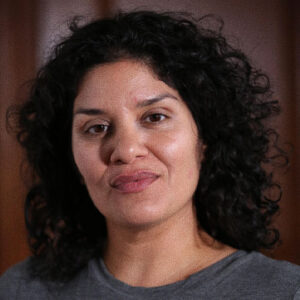
Prerna Arora
Columbia Teachers College Faculty, New York
Arora — a professor who studies the mental and physical health impacts of immigration on children — is witnessing a culture of fear and pain that’s limiting learning as fears of deportation loom.
Working with 100 immigrant youth and asylum seekers throughout New York City, she has seen more hesitance and skepticism to share their emails or names in recent months than ever before.
Many expressed feeling “underestimated… People may expect them not to have any language skills or fewer than they have.” Arora said. “…A lot of them spoke up to say, ‘we want people to know that we actually do want to try, we do care.’”
In addition, several noted bias, hate and harassment from both children and adult K-12 school staff. “Maybe it’s a comment in passing that nobody realized how harmful it was.” Students are especially hurt when teachers say nothing at all after an incident.
Particularly to curb absenteeism, Arora emphasized schools need to focus on providing several tiers of mental health supports, ranging from school-wide workshops to small group and individual counseling, and establishing a sense of safety so that “parents and kids feel like the school can be trusted.”
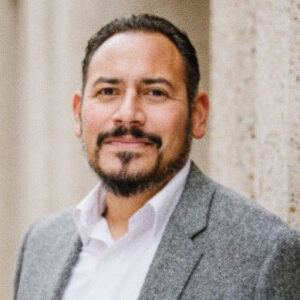
Miguel Bocanegra
Immigration Lawyer with Cornell University’s Path2Papers Program, California
A small team of lawyers have held over 500 free consultations since launching one year ago, quickly mobilizing to move as many working DACA recipients toward more permanent legal residency before the Supreme Court or Trump’s administration upends the program’s fate.
Their approach is “offensive as opposed to defensive … to assist people in getting visas, to move in a positive direction that would not keep them in permanent limbo,” said Bocanegra, who has been practicing immigration law for over two decades.
Bocanegra anticipates the Supreme Court may put an end to DACA as soon as late 2025, though it survived a challenge in Trump’s first term. The Obama-era policy has enabled more than 700,000 “dreamers” brought to the country as children to attain temporary legal statu
Source: View source





